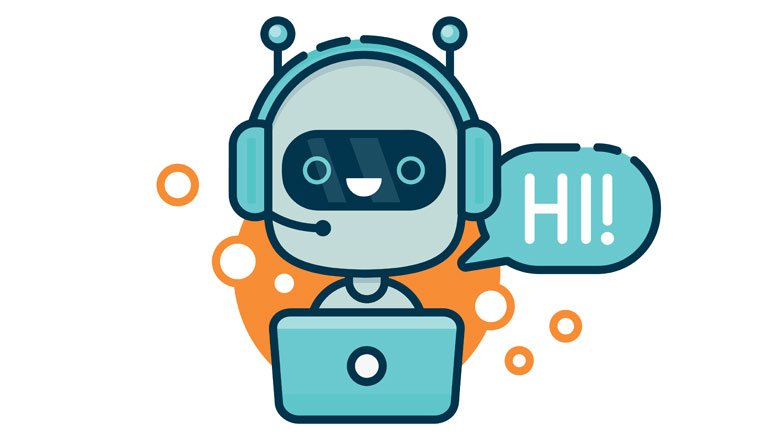Chatbots and Conversational Marketing: Transforming Customer Interactions
In the dynamic landscape of digital marketing, the role of chatbots and conversational marketing has evolved as a game-changer. These tools are not just technological innovations; they represent a shift towards more personalized, immediate, and interactive customer interactions. In this blog, we’ll delve into the world of chatbots and conversational marketing, exploring their significance, benefits, implementation strategies, and the future they hold for customer engagement.
Understanding Chatbots and Conversational Marketing
1. Chatbots:
Chatbots are computer programs designed to simulate conversation with human users, especially over the internet. They utilize artificial intelligence (AI) and natural language processing (NLP) to understand user inputs and provide relevant responses. Chatbots can be integrated into websites, messaging platforms, and mobile apps.
2. Conversational Marketing:
Conversational marketing is a customer-centric approach that prioritizes real-time, one-to-one connections between brands and their audience. It involves using dialogue-driven engagement methods to build relationships, gather insights, and guide users through the customer journey.
Benefits of Chatbots and Conversational Marketing
1. Instant Customer Support:
- Chatbots offer immediate responses to customer queries, providing 24/7 support.
- Users appreciate the instant availability and timely assistance.
2. Personalized Interactions:
- Through conversational marketing, brands can tailor interactions based on user preferences and behaviors.
- Personalization enhances user experience and fosters a stronger connection.
3. Lead Generation and Qualification:
- Chatbots can engage users in conversations to gather information and qualify leads.
- Automated lead qualification processes streamline the sales funnel.
4. Seamless Customer Journey:
- Conversational marketing guides users through the customer journey in a more interactive and user-friendly manner.
- Users can receive product recommendations, make purchases, and get support within the same conversation.
5. Data Collection and Analysis:
- Chatbots can collect valuable user data, which can be analyzed to understand customer preferences and behaviors.
- Insights obtained contribute to more informed marketing strategies.
6. Cost-Efficiency:
- Implementing chatbots for routine and repetitive tasks reduces the need for human intervention.
- Cost-effective automation leads to operational efficiency.
Implementation Strategies for Chatbots and Conversational Marketing
1. Define Clear Objectives:
- Identify specific goals for implementing chatbots and conversational marketing, such as improving customer support, increasing sales, or enhancing user engagement.
2. Select the Right Platform:
- Choose platforms where your audience is most active. This could include your website, messaging apps, or social media channels.
3. Natural Language Processing (NLP):
- Invest in NLP capabilities to make your chatbots more adept at understanding and responding to natural language inputs.
4. Progressive Profiling:
- Use conversational marketing to progressively profile users, gathering information gradually and without overwhelming the user.
5. Integration with CRM:
- Integrate chatbots with Customer Relationship Management (CRM) systems to ensure seamless communication and data flow between marketing and sales teams.
6. Human Handoff Feature:
- Implement a feature that allows a smooth transition from chatbot interactions to human agents when needed, ensuring a personalized touch for complex queries.
7. Continuous Improvement:
- Regularly analyze chatbot performance, gather user feedback, and make iterative improvements to enhance the user experience over time.
The Future of Chatbots and Conversational Marketing
As technology advances, the future of chatbots and conversational marketing holds exciting possibilities:
1. AI Advancements:
- Continued advancements in AI will enhance chatbots’ ability to understand context, emotions, and nuanced language.
2. Multichannel Integration:
- Chatbots will seamlessly integrate across various channels, providing a consistent and unified experience for users.
3. Voice-Activated Chatbots:
- The rise of voice-activated technologies will lead to the development of chatbots that respond to voice commands, offering a more natural interaction.
4. Enhanced Personalization:
- AI-driven personalization will become even more sophisticated, allowing chatbots to deliver hyper-personalized experiences based on individual user profiles.
5. Conversational Commerce Growth:
- Conversational marketing will play a pivotal role in e-commerce, with users making purchases and transactions within chat interfaces.
In conclusion, the integration of chatbots and conversational marketing represents a paradigm shift in how brands engage with their audience. By embracing these technologies strategically, businesses can deliver more personalized, efficient, and enjoyable experiences for their customers, fostering stronger relationships and driving business growth.

